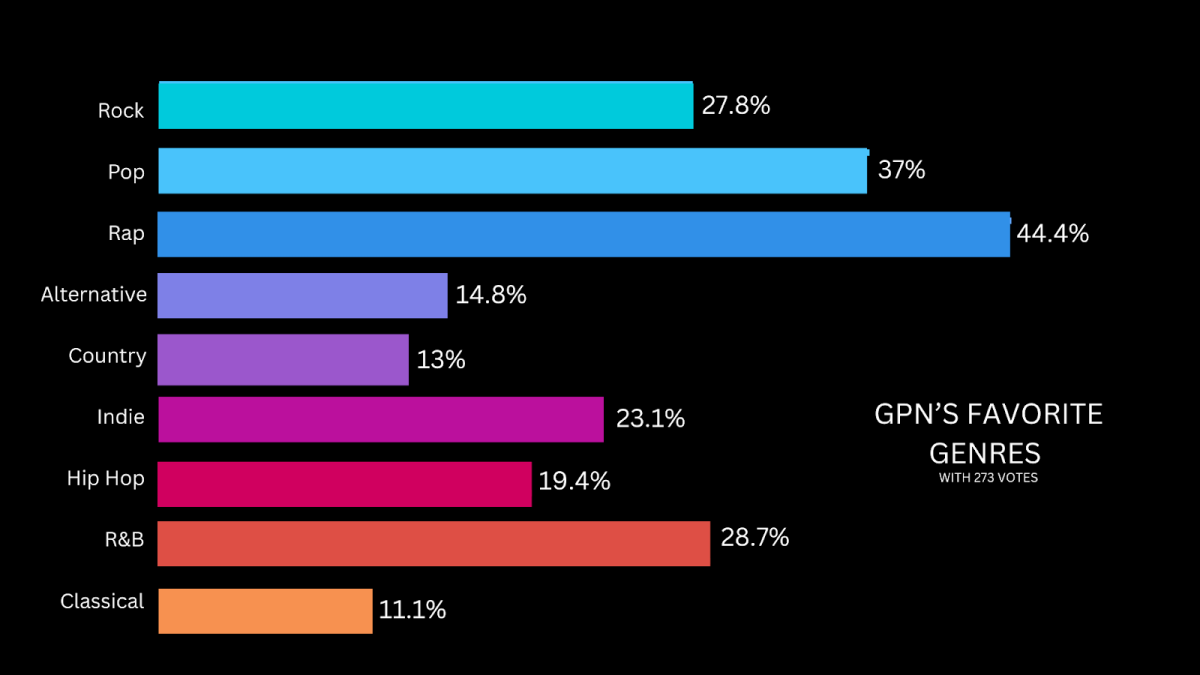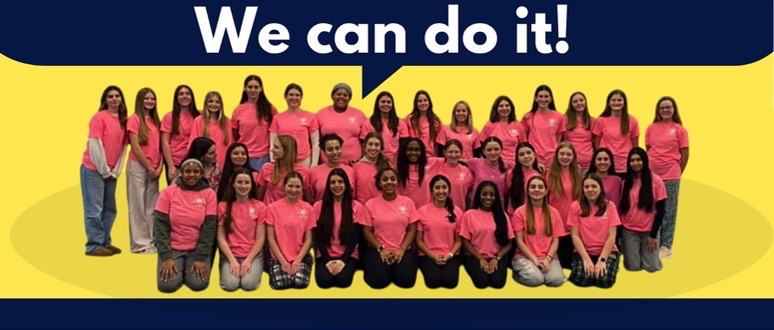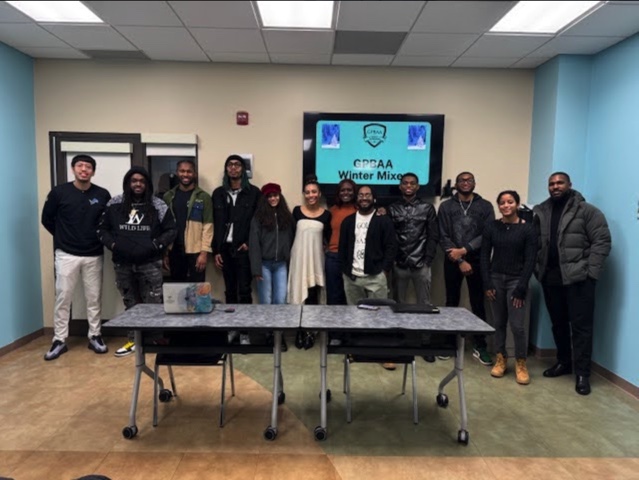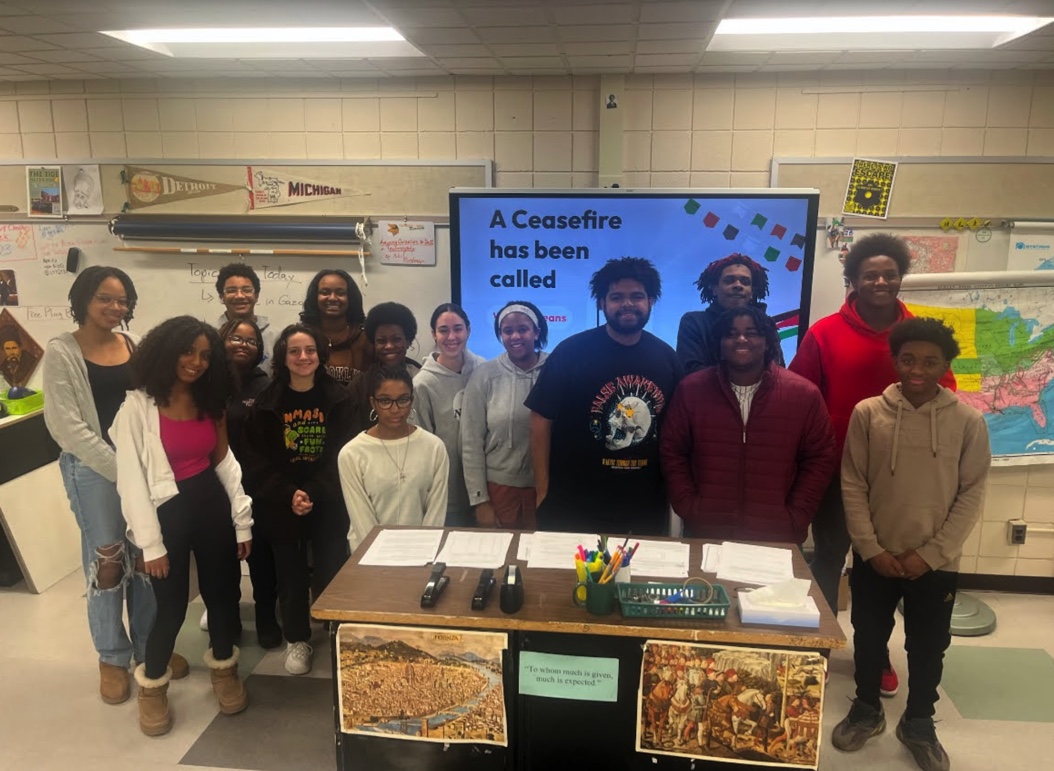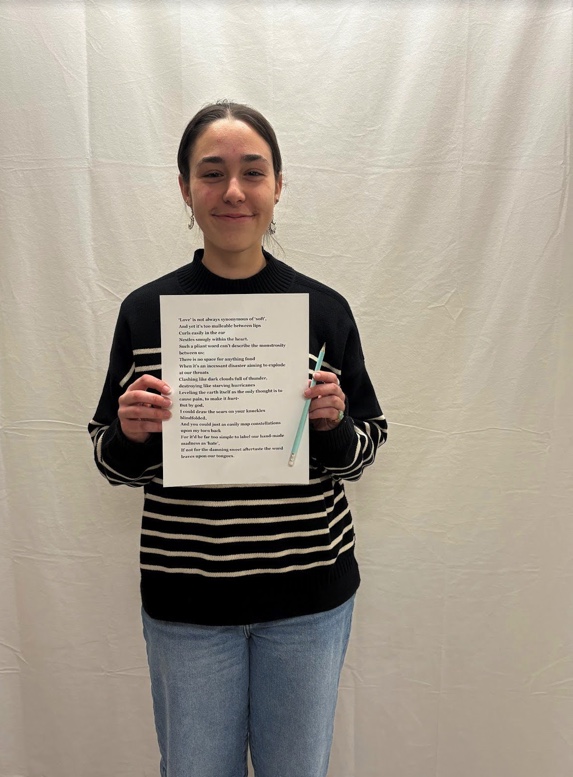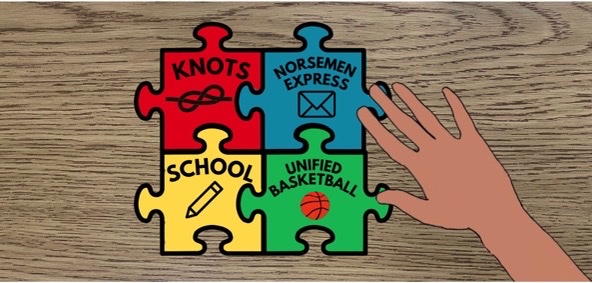“New year, new me” is a phrase commonly used by people who are looking to abandon bad habits and pick up better ones at the beginning of the year. Questioning the effectiveness of New Year’s resolutions, senior Belle Kalus serves as an example of an optimistic approach, seeing it as an opportunity for a fresh start.
New Year’s resolutions can cover social lives, health, bad habits, or in Kalus’s case, academics — as her goal is to be more organized. Even though the New Year technically falls in the middle of the school year, Kalus believes it is not too late to change habits. She has set new goals to keep her academics on the right track.
“I think that I’m better at staying organized now that I set the resolution,” Kalus said. “I think sometimes I can still be disorganized, but I think that I’ve worked on it.”
Statistically, people tend to fall out of their newly formed habit after a few months. According to Forbes Health, 53% of people report falling out of their resolutions not even four months into them. This mirrors what personal trainer Brian Krusinski sees in the gym, noting that attendance drops after the new year sets in.
“Gyms are packed until Valentine’s Day,” Krusinski said. “After Valentine’s Day, gyms slow down drastically, people usually only last about 30 days on the resolutions and they’re done.”
While admitting transformations are not always quick, Krusinski notes a decline after the resolutions are originally set, meaning individuals don’t seem to follow through with their goals.
“I think people have their ups and downs throughout the year,” Krusinski said. “I can tell you that a lot of people don’t work out during the summer in the gym. Most people slack off during the summer, they work out during the winter months.”
Despite how difficult it is to maintain willpower, New Year’s resolutions still can be seen as a way to improve and reflect on flaws and habits from previous years. According to psychology teacher Jennifer Weisbrodt, creating a structured plan for the new year is a beneficial way to stay on track.
“I think that as humans, we’re always doing things to try and better ourselves,” Weisbrodt said. “And we’re also doing things to try to organize our world to make sense of some of the chaos and I think that by actually having a concrete list of things that we want to do helps our brains stay organized and it helps us to move forward.”
While most people expect to see instant success with their resolutions, Krusinski states most are not immediate, clarifying that it is important to set realistic goals.
“Instead of you trying to change your whole diet, try to change a few things,” Krusinski said. “It’s just too much all in and not small increments.”
Despite the possibility of resolutions falling through, Weisbrodt emphasizes the importance of individuals setting goals and bettering themselves throughout the year.
“I make extensive copious lists of news resolutions that I often don’t keep, but I try,” Weisbrodt said. “I think that’s the important part, that people have some hope and inspiration and new starting points.”






